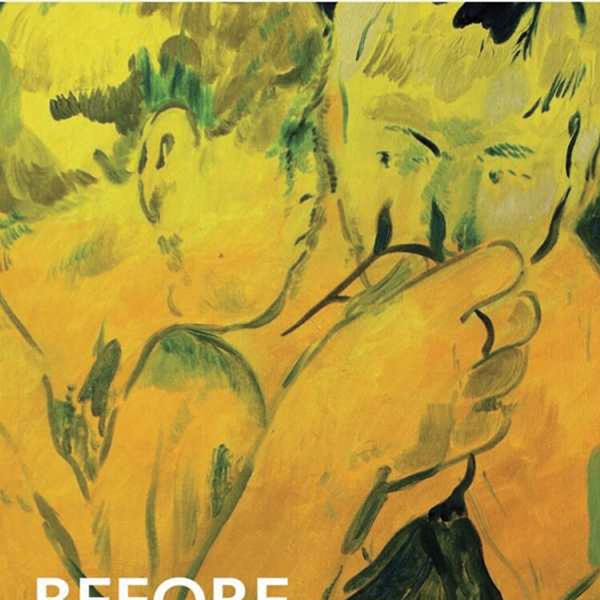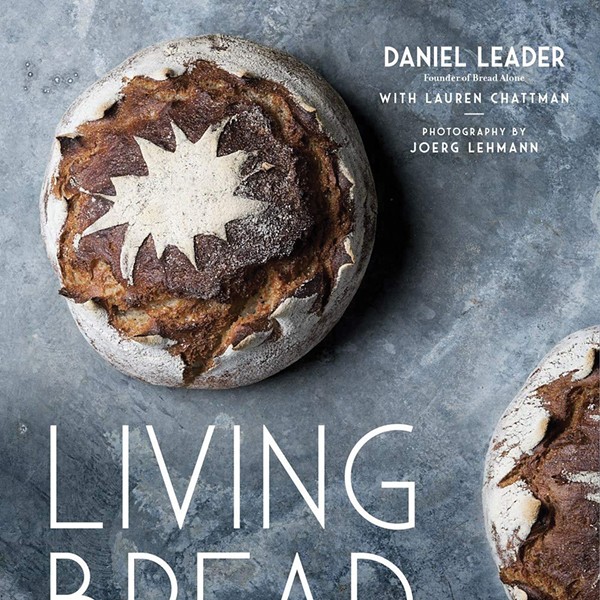After McCann vetoed his first two novel ideas, Yapa came back from a break reenergized. "I'd been reading Don DeLillo's Libra, and it blew me away. I realized you could write about recent American history, in a very American vernacular. If I wanted to do that, what would I write about?" When he thought of the WTO riots, "it was like the three poles of my life—writing, economic geography, and service/political activism—all fused. I just knew. Every cell in your body gets magnetized." His mentor agreed.
By luck, Yapa's classmate Tennessee Jones had been at the Seattle protests, giving Yapa a bookshelf of activist zines and invaluable insights. Yapa also did research at the University of Washington, which archived 25 boxes of primary source material: firsthand accounts, Truth & Reconciliation transcripts, VHS tapes, costumes, and photos, including one with the slogan that became his book's title, coined by woodcut artist Dalia Sapon-Shevin.
He left Hunter with 130 finished pages and returned to Chile, where he spent weekdays focusing monastically on his work and weekends eating pescado al pobre on the beach with a girlfriend from Santiago. By December, he'd finished a draft. Against his girlfriend's wishes, he went back to sell posters, and the laptop containing his 604-page draft was stolen from a hotel room.
In despair, he holed up at his parents' house, watching "an unhealthy amount of TV." But the book wouldn't let go. "I felt like I had a disease and this book was it."
The lost first draft was "a post-modern pastiche, a clever-young-man book" with 60 characters and deconstructed maps. Instead of trying to reproduce it, Yapa asked himself, "Why do I read? The answer was simple: characters. I care about people, their worldview. What are the consequences of that worldview and the decisions they make? I don't give a shit about ripped-up maps!"
He whittled his cast down to seven, honing in on emotional stakes. Six years and many rejections later, he found agent P. J. Mark, whose notes further refined the manuscript. It sold within 24 hours. Esteemed editor Lee Boudreaux chose Your Heart is a Muscle the Size of a Fist to launch her new imprint. "That was risky—I'm a total unknown," Yapa says.
He considers the novel an outgrowth of the protests. "Caring about people in other countries is a revolutionary act in a globalized world. Empathy is radical. Our connections are literal. This lettuce I'm eating,"—he still hasn't taken a bite—"the shirt I'm wearing; okay, that's fair-trade. But these shorts, where were they made? The sweatshop is the most obvious example, but what does it mean to start thinking about that?"
Yapa's stoked now. He orders another chai. "There's been an incredible response to this as a debut novel. But for a book about social justice? I thought it might get picked up by some small press and get shelved with all the lefty shit we never read, but I didn't care. I started writing this six years ago, before Occupy, before the Arab Spring, before Black Lives Matter. But now it strikes all these chords. I realized in Australia that I'm on this international book tour because this very American protest has resonated with people around the world. There's a basic awareness of the way the global system works, that our lives of easy convenience are built on someone else's labor," he asserts. "The reaction to the book—not just that it's positive, but that it's touched people—that really moves me. The book articulates that sense of a connected world."
Last week he visited an aboriginal women's center in the outback and spotted a photo of Michelle Obama on their inspiration board; next month he'll go to South Africa. "You can't underestimate how connected we are," Yapa says. "I'm so tired. I've got back problems, hip problems. But to travel the world talking about this book that's about connection, knowing the way globalization works is not right, is so energizing. I could talk about it for hours." He actually has; a waitress is setting out evening candles as he finally picks up his sandwich. "The book moves from an investigation of loneliness and global inequality to a question of what's beyond anger, outrage, despair. It's about looking for and discovering the idea of love and hope in the lives of these people. It's not an angry rant. It moves into this other space."
















